Movie Put Your Soul on Your Hand and Walk: interview with director Sepideh Farsi
Sepideh Farsi’s ‘Put Your Soul on Your Hand and Walk’ Draws Critical Praise and Oscar Buzz
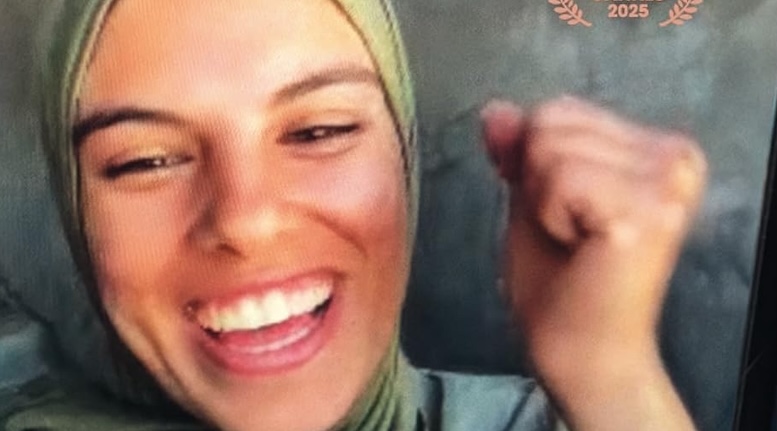
Sepideh Farsi’s raw and unfiltered documentary “Put Your Soul on Your Hand and Walk” has earned wide critical acclaim and early Oscar buzz, emerging as a widely discussed film worldwide.
The documentary unfolds through intimate video calls between Iranian filmmaker Sepideh Farsi and Gazan photojournalist Fatma Hassona. Unable to enter Gaza, Farsi relied on Hassona’s videos and photos to document life under bombardment and chaos.
The film presents a striking portrait of resilience amid conflict and the stark contrast between the two women’s worlds. It also serves as a tribute to Hassona, who was killed with her family in an airstrike on April 16. 2024.
Praised internationally for its emotional power and clarity, the film has screened at Cannes ACID, Toronto, New York, DOC NYC Short List and SF Doc Stories, cementing Farsi’s reputation as a leading voice in documentary filmmaking.
Capturing a tragedy still unfolding, the film is difficult to watch yet impossible to ignore, preserving life and humanity while standing as a masterful achievement in the art of documentary. Farsi goes into detail in the film, sharing her own perspective and the process behind its creation. It is now streaming on all major platforms.
How did your encounter with Fatem Hassona change your perspective on Gaza?
Farsi: This film was born out of my need to understand Gaza beyond numbers, images of destruction, and dominant narratives in the media. I needed a specific voice, a gaze rooted in daily life. I was introduced to Fatem (online) through a Palestinian refugee whom I had met in Cairo. And immediately, a connection was there between us. And she became my eyes in Gaza. Through her photos, videos, and messages, she conveyed the reality of the war, lived from within. Her way of witnessing—always with dignity, never as a victim—helped shift my perception. Gaza was no longer an abstraction or afield of ruins: it was her. Alive, strong, funny, yet fragile
The film shows Gaza through her eyes. Did you have a political intention from the beginning?
Farsi:I don’t think it’s possible to film Gaza without it being political in some way. In fact, I believe that cinema is always political in one way or another, but my initial intention wasn’t to make a manifesto. What I wanted was to give space to a voice too often missing in the media landscape, in the coverage of the post-October 7 war on Gaza. Fatem told her story—her city, her family, her daily life with clarity and grace, far more powerful than any speech. She shows that life carries on, she jokes about the drones, her affection for her destroyed land. By following her perspective, I wanted to create a space for sharing. The film invites people to listen, to feel, to see what is often overlooked: our humanity.
Fatem’s death, just after the announcement of the film’s selection at Cannes, gives the project a tragic resonance. How did you experience this?
Farsi: We spoke the day before. She had just learned about the selection and was thrilled. We were talking about her coming to Cannes. She told me she would come, but only on the condition that she could return to Gaza afterwards. She didn’t want to leave for good. Gaza, despite all the hardship, was home for her. The next day, she was gone. The shock was immense. And yet, I didn’t want the film to become sad. What we have made together is a living testimony— a film that carries her light, not her absence.
What would you like audiences to take away from the film?
Farsi: I hope they remember a voice. A gaze. A smile. A beautiful soul. That beyond the images of war, they look for human beings. I’m not trying to deliver a message here. The film doesn’t explain , it displays and offers a different view, opening a window onto a land we have rarely seen in its simplicity and resilience. Into a relationship, a shared reality. If people leave the screening with a sincere emotion, with questions, with the desire to understand things and change their perspective...then Fatem’s voice will have been heard. And that, I believe, is the most meaningful outcome this film could achieve.
Fatma Hassona reports the devastation in Gaza to director Sepideh Farsi through video calls. Photo Courtesy of Kino Lorber PR.
© All rights reserved
You Might Be Interested
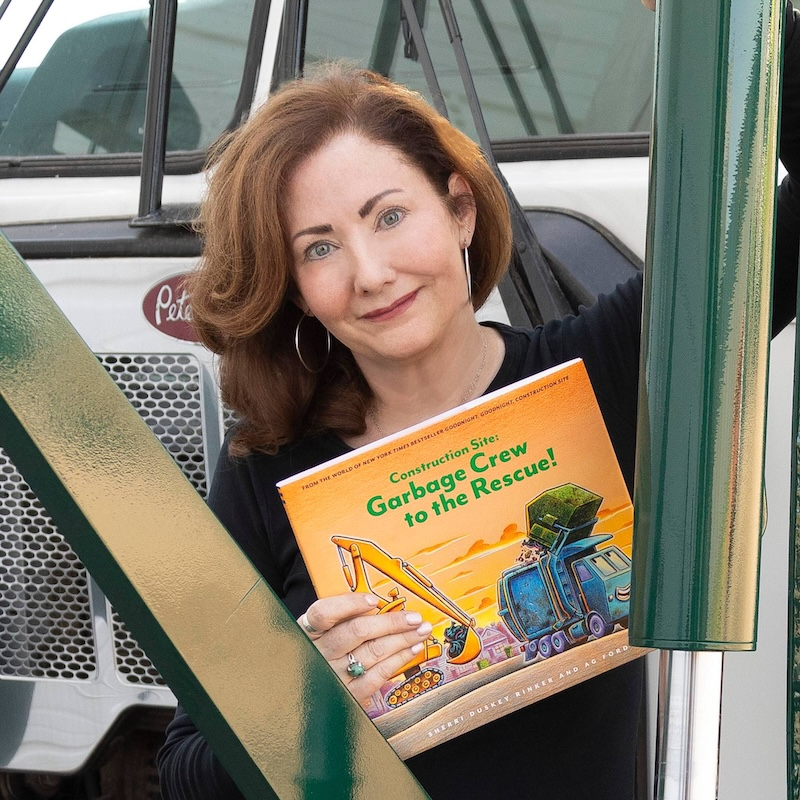
Sherri Duskey Rinker interview
Construction Site: Firefight!

Hoppers , Piper Curda Interview
The statements of Piper Curda
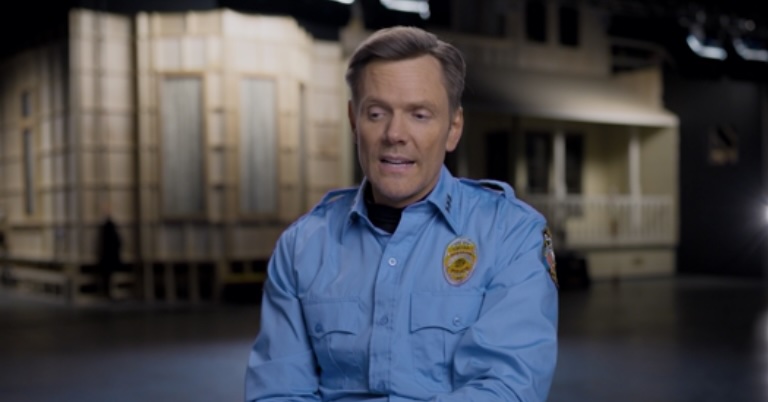
Scream 7, Joel McHale Interview
The statements of Joel McHale
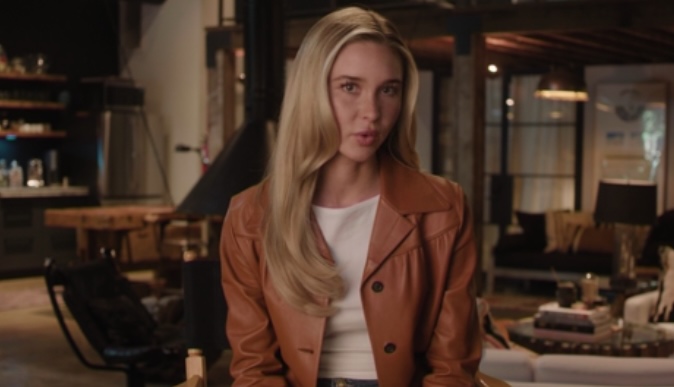
Scream 7, Isabel May Interview
The statements of Isabel May
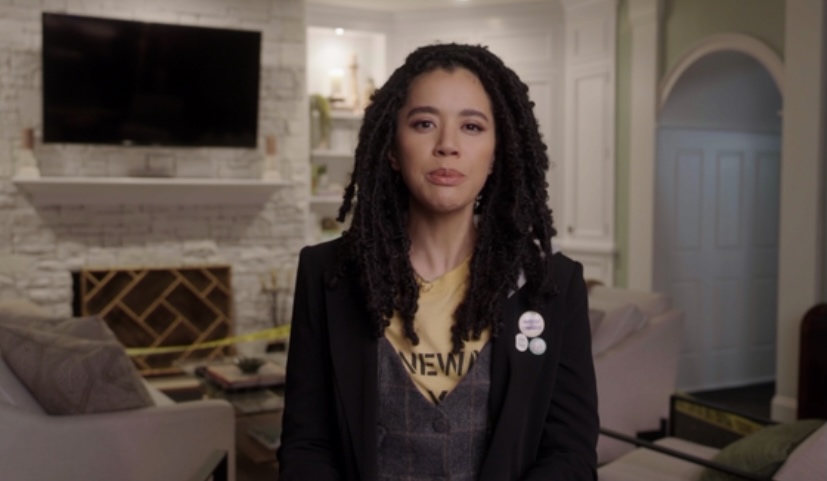
Scream 7, Jasmin Savoy Brown Interview
The statements of Jasmin Savoy Brown
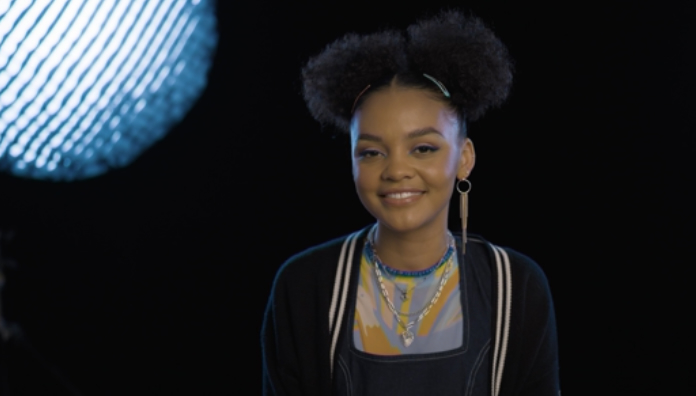
Scream 7, Celeste O'Connor Interview
The statements of Celeste O'Connor
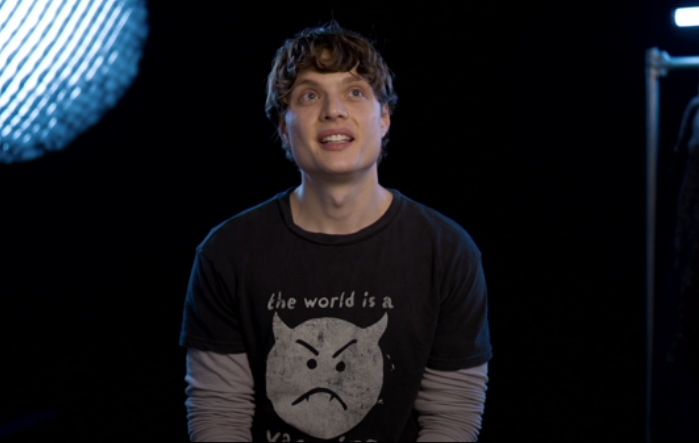
Scream 7, Asa Germann Interview
The statements of Asa Germann
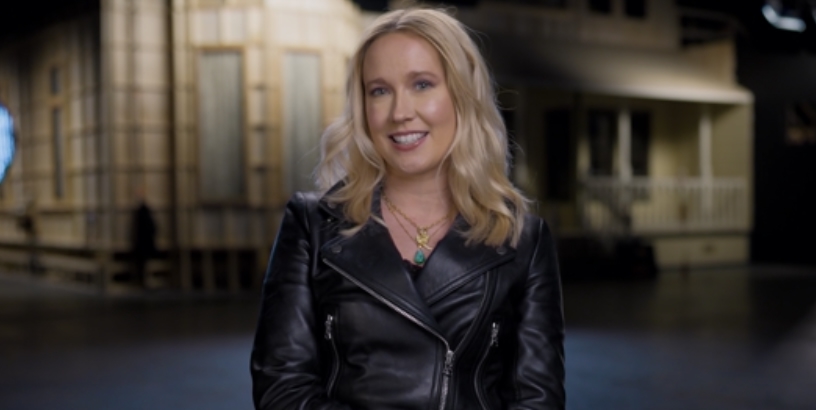
Scream 7, Anna Camp Interview
The statements of Anna Camp


